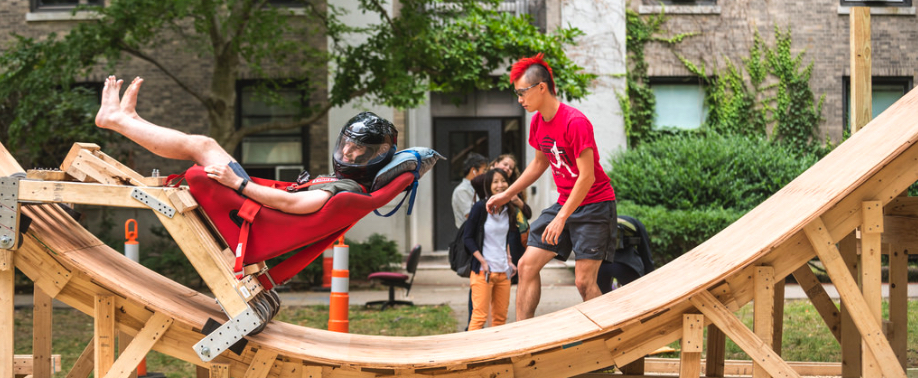CUP Experiment – Phase 2
In April 2019, the CUP approved a one-year experiment (Phase 2 of the broader CUP Education Experiment) for first-years entering in Fall 2019.
The goal of this experiment is to promote greater exploration and discovery of fields, majors, minors and HASS concentrations in the first-year undergraduate experience.
Aspects of the experiment – Phase 2
Details on the Experiment
- A continuation of the experimental P/NR grading policy from Phase One whereby students may designate up to three science core GIRs P/NR after the first semester.
- Modifications to the normal credit limit whereby the fall semester limit becomes 48 units and the spring semester limit becomes 60 units.
- An additional 9-unit “Discovery Credit Limit” in both semesters with specific guidelines on what may count towards this limit.
- Removal of Early Sophomore Standing eligibility for this class, but access to advice about majors for all students in their first year.
Information/Resources
- For general advice, especially for students and advisors, please refer to the Office of the First Year major exploration content. This site includes links to pages with “roadmaps” for each department, a list of good subjects for exploration, and general advice for the major selection process. If you have not recently updated your roadmap or suggested exploration subjects, you are encouraged to do so now.
- As we did last year, OVC provided a “Guide to Grading and Credit Limits for First Year Students” with specific guidelines for advisors regarding how the experiment for the students entering during the fall of 2019 will play out. This guide was included in the first-year advisor handbook.
Things to Keep in Mind
- It is vital that advisors, academic staff, and faculty continue to enforce the appropriate prerequisites and ensure that the listed prerequisites for their subjects are accurate. While we are eager for students to explore potential intellectual options, they should do so at an appropriate academic level given their educational background. While first-year students may claim that they have the required knowledge, they need time to adjust to the pace and pressure of MIT and will be less likely to do so if permitted to take advanced classes. Instructors may access self-service prerequisite reports through WebSIS.
Call for First-Year Discovery (FYD) Subjects
- The Office of the Vice Chancellor (OVC) is prepared to offer curriculum development funds to departments at MIT who wish to create inspiring opportunities to engage undergraduate students and help them discover different fields of knowledge, academic departments, and possible future careers during their first year.
- The CoC proposals only require a brief description of the new subject and an explanation of why it counts as FYD.
- Learn more about full details/guidelines and deadlines.
